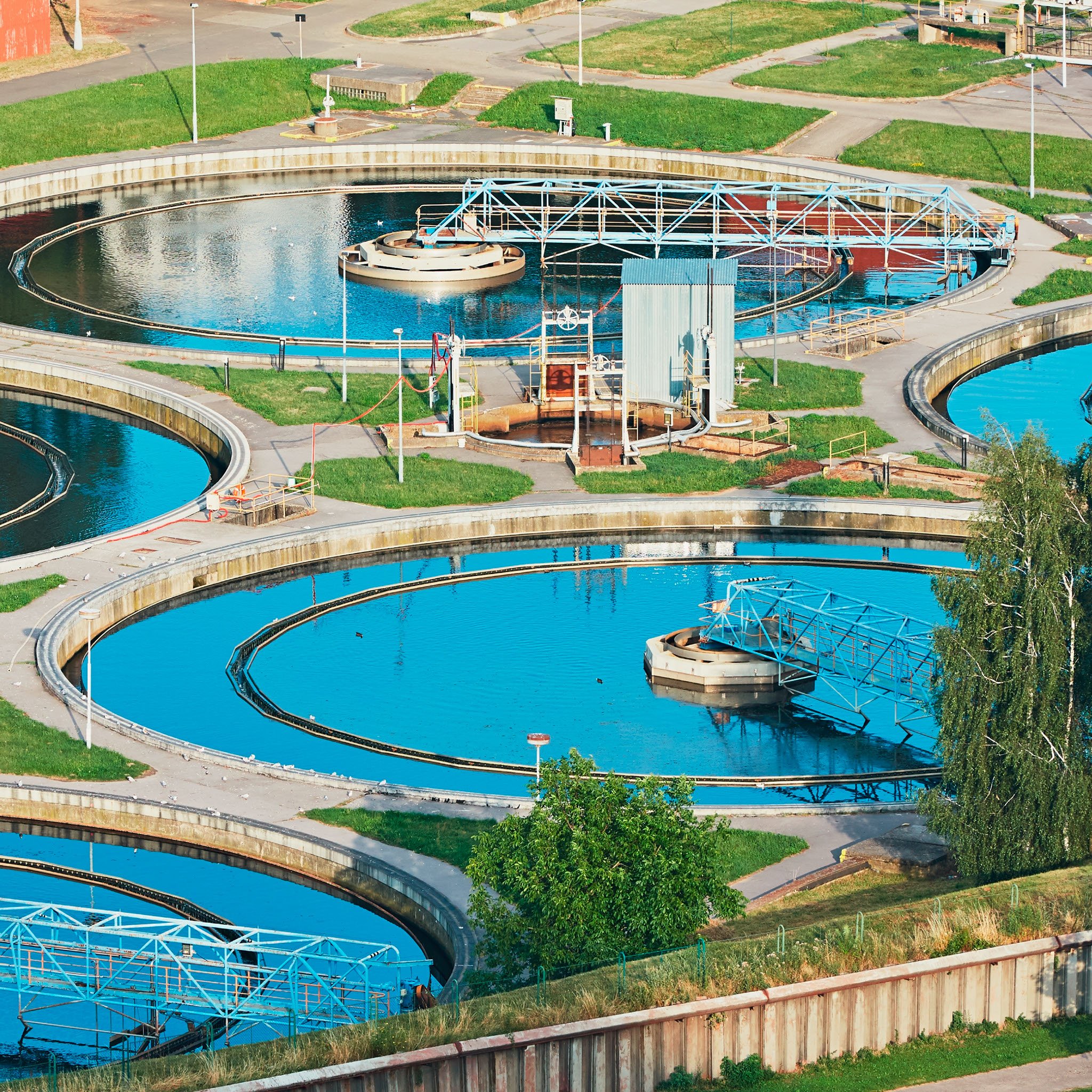
San Francisco is taking the lead in water conservation by implementing a decentralized approach to recycling wastewater. This innovative method allows for the reuse of treated wastewater for irrigation and toilet flushing, thus reducing the strain on diminishing freshwater resources. By embracing the idea of reusing non-potable water for essential purposes, the city is working to safeguard its precious natural water reserves, which play a vital role in providing safe drinking water to its residents.
Centralized wastewater treatment for reuse has been a common practice for years, but a new trend is emerging in both urban and remote areas - decentralized wastewater treatment. This approach involves treating wastewater on-site for reuse, making it an increasingly popular choice.
Using decentralized wastewater treatment for reuse is a sustainable and effective way to improve water security in both urban and rural areas. This approach involves treating and recycling water on-site through a closed-loop system, which can be used wherever necessary. By doing so, we can conserve water, reduce costs, and eliminate the need to treat water to potable standards for non-drinking uses like flushing toilets and watering landscapes.
In 2015, San Francisco demonstrated great foresight by making it mandatory for all new buildings with footprints larger than 100,000 square feet to include on-site water reuse systems [1]. This decision was made based on the understanding that recycled water is a more cost-effective option than the potable water supplied by centralized water utilities. Recycling water is a sustainable and economical solution that meets the city's water needs.
Many major cities across the globe are currently at risk of water scarcity, with some already experiencing "day zero" like Monterrey in Mexico and Nelson Mandela Bay in South Africa [2][3]. Other urban centers, such as Bangalore, Beijing, Cairo, Cape Town, Chennai, Dhaka, Jakarta, Los Angeles, Melbourne, Mexico City, and São Paulo, are also facing potential water shortages [4]. Recycling wastewater for reuse is a sustainable and viable solution to help combat this pressing challenge.
Caribbean resorts, especially those situated in remote locations like islands, face significant water challenges. Decentralized wastewater treatment systems offer a practical and eco-friendly solution for these resorts to recycle water for reuse. One such resort that has successfully implemented this approach is the Sandals Resort in Emerald Bay, Great Exuma, Bahamas.
To address their water challenges, Sandals Resort implemented a two-pronged solution. Firstly, they set up a desalination plant that produces a sustainable supply of drinkable water for their guests. Secondly, the resort installed a decentralized wastewater treatment plant that recycles and repurposes the wastewater generated by the resort. The recycled water is then used to irrigate the golf course, ensuring efficient and responsible water management.
By adopting these initiatives, the resort can now enjoy a reliable source of freshwater that meets its demand. It also contributes to the welfare of the local community by sharing 30% of the water with a local utility, helping to distribute water to the island's inhabitants [5].
The development in wastewater treatment technology has made it possible to recycle wastewater for various uses, including drinking water. Windhoek, the capital of Namibia, has been relying on recycled wastewater as its primary source of drinking water for more than 50 years, despite being located in a desert [6]. Discharging water after its first use is unsustainable as water is a finite resource that is continuously recycled in nature via the water cycle. By following the principles of nature and using natural methods to treat wastewater and reuse it on-site, we can reduce our water footprint and save costs.
Sources:
- https://e360.yale.edu/features/on-site-distributed-premise-graywater-blackwater-recycling
- https://www.fluencecorp.com/improving-water-security-in-water-stressed-cities
- https://businesstech.co.za/news/government/606136/people-queue-for-hours-as-one-of-south-africas-biggest-cities-runs-out-of-water
- https://www.rd.com/list/water-shortages-cities
- https://sevenseaswater.com/case-studies/sandals-emerald-bay
- https://www.fluencecorp.com/recycling-wastewater-in-namibia


![Join Sterlitech at BIO 2024 [Booth #5558]: Exploring the Future of Biotechnology](https://www.sterlitech.com/media/magefan_blog/b4.jpeg)

